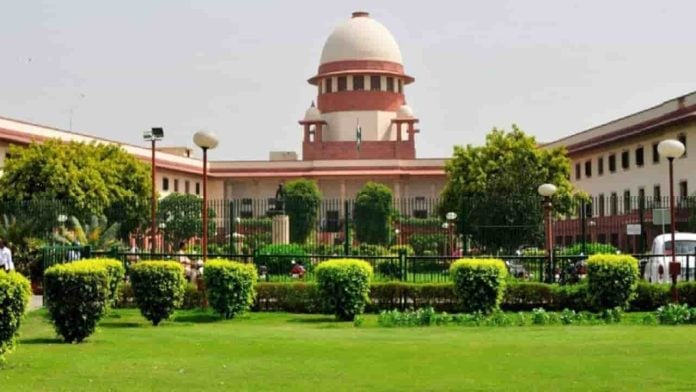The All India Muslim Personal Law Board (AIMPLB) has told the Supreme Court on Thursday that a muslim woman is free to enter a mosque to offer Namaz (prayers).
The AIMPLB in it affidavit filed through Advocate MR Shamshad, has taken a categorical stand that entry of women into mosques for offering Namaz is permitted.
The affidavit reads that a Muslim woman is free to enter a Masjid (Mosque) for prayers. It is her option to exercise her right to avail such facilities as available for prayers in a Masjid.
The reply came in response to a Public Interest Litigation (PIL) petition for allowing entry of Muslim women into mosques.
The AIMPLB has stated that the practices of religions in places of worship such as mosques are purely private actions which are regulated by Muttawalis and mosques and the Court or AIMPLB cannot look into making detailed arrangements in such a religious place.
The affidavit further said that the issues raised in the petition pertain to the management of a religious and to regulating activities connected with a religious place.
Elaborating the relevant Islamic practises AIMPLB submitted that Islam does not make it obligatory for Muslim women for praying five times a day or offer Friday Namaz in congregation, they are permitted to pray in the mosque.
With the submission of Hadith in support of their submission, the reply by AIMPLB said that women have the option to choose to offer prayers either at a mosque or at their home.
It was also submitted that there is no religious text authorising the free intermingling of genders in any Masjid.
The petitioners submission were countered by the petitioner submissions on this aspect as misleading.
The AIMPLB added that even in Mecca and Medina, arrangements have been made to provide separate spaces for women and men during prayer.
The affidavit however added that the etiquettes of prayer, particularly with respect to no free-intermingling of men and women, are adhered to willingly, strictly, and sincerely by all worshippers,
Talking further,the affidavit added that certain ritual practices in Mecca, such as tawaf, can only be performed at a designated place.
The affidavit mentions that although tawaf is performed by both men and women in the same place, this does not mean that there is “free” inter-mixing of the sexes during the ceremony as there are regulations in place to maintain the sanctity of the religious practices in the site.
Talking about fatwa, it stated that a fatwa is an opinion based on religious texts and doctrines which have no statutory force.
It is pertinent to note that Affidavit mentioned that if a believer needs a fatwa, then delivering it cannot be restrained by a judicial order as this would be violative of an individual’s freedom to religious belief, the AIMPLB contended.
The issue about the entry of women into Mosques is one of the questions expected to be considered by a nine-judge Constitution bench, along with other questions concerning women’s rights vis-à-vis rights under Articles 25 and 26 of the Constitution.


